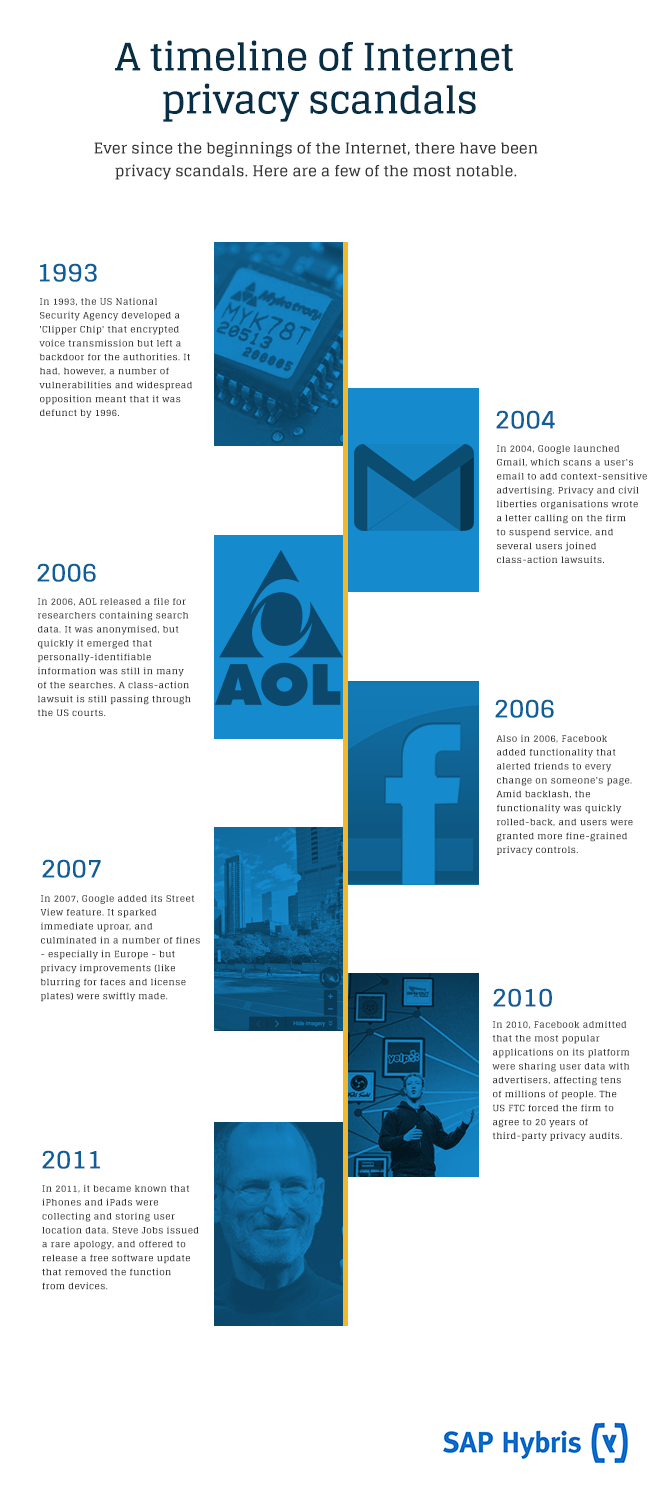Hey Siri, Alexa is calling: AI business benefits
 What does artificial intelligence mean for the future? Discover the top AI business benefits and what you must know to remain competitive.
What does artificial intelligence mean for the future? Discover the top AI business benefits and what you must know to remain competitive.
“Hey Siri, are you always listening to me?”, I just asked my iPhone. “I’m sorry Michael, I’m afraid I can’t answer that,” came the concerningly HAL 9000-like reply.
I already knew, however, that the answer is yes. If it weren’t, it wouldn’t be able to respond to the “hey Siri” phrase that triggers activation of Apple’s virtual assistant. That’s why Siri occasionally pipes up when I’m in conversation with other people – its digital brain misidentifies the trigger word amongst other things that we’re saying.
Apple has shown itself to be something of a defender of customer privacy, most notably during the recent FBI demand that it unlock an iPhone. It promises that none of the audio your phone records leaves your device until it hears the trigger phrase or you hold down the home button.
All processing is done locally, and the data it gathers is continuously overwritten. It’s the same situation with Amazon’s ‘Echo’ – a little speaker that sits in the corner of your room and taps into the firm’s Alexa AI. But none of those reassurances prevent the whole system from feeling a little spooky to me, and probably to you too.
Besides, he says, every round of privacy fears fades as the unknown becomes familiar. Nobody cares any more that Google’s servers read all of your emails, and your house can be inspected on Street View. Personalized coupons offered as you walk past a store are no longer a source of concern. My discomfort with Siri listening to me will ebb away as some new technology comes along that terrifies older generations anew.
Meanwhile, my boys—the next generation of consumers—are getting on with taking advantage of everything that these networks and tools offer in full knowledge of what they’re trading away and what it means. They’re making friends around the world, getting exposed to millions of different perspectives and learning new things for free. You should take that into account when you’re thinking about your customers – different generations will have very different ideas of what’s acceptable when it comes to handing over their personal details.
Privacy can be important, but fears over its loss are – as Pogue writes—more emotional than rational. “The chances of someone actually looking up the boring details of your life are reassuringly small,” he says. “As with fear of flying, shark attacks or lightning, your gut may not be getting realistic data from your brain. Much of it is simply fear of the unknown, of what’s new.”
